Desiree Akhavan on The Miseducation of Cameron Post: “Sexuality is power. To admit that women desire sex is to admit that there’s not a lot of difference between the genders.”
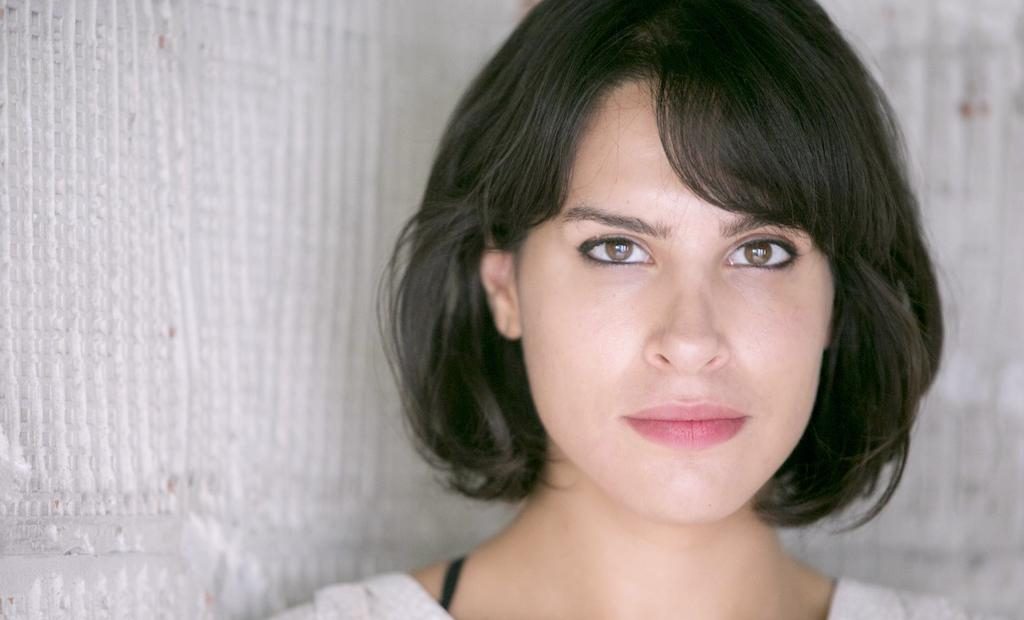
The Miseducation of Cameron Post is the new film from American-Iranian director Desiree Akhavan, adapted from a 2012 novel by by Emily M Danforth alongside Cecila Frugiuele and which received the Grand Jury prize at the 2018 Sundance Film Festival. Its tells the story of young Cameron Post growing up in 90s Montana who is caught getting in on with her friend Coley in the back seat of a car at her homecoming dance. Her aunt and guardian promptly send her off to God’s Promise: a Christian gay conversion therapy camp.
With Chloë Grace Moretz leading the charge as Cameron, this unique coming-of-age film explores a taboo topic with delicacy and sensitivity, resisting easy stereotypes and judgements on all sides, and draws on Akhavan’s own struggles as a teen and with acceptance of her bisexuality. Brilliant supporting performances from Sasha Lane, Forrest Goodluck and Jennifer Ehle complete a beautifully understated depiction of the messy, sexy, confusing experience of finding one’s identity – and realising the grown-ups have no idea what they’re doing.
We had the chance to sit down with Akhavan to explore what inspired her to adapt Danforth’s novel for the screen, working with Moretz and the rest of the cast and how her own experiences informed the movie.
Hi Desiree, so nice to meet you. Thanks for speaking with us. First of all, what sparked the idea for The Miseducation of Cameron Post? How did you come across Emily Danforth’s novel and what made you think “this is really going to work on the screen”?
A friend sent me the book and I loved it. I had never read anything like it. I just never read anything so honest about what it was like to grow up. And not just queer – yes it was the first queer thing that I’d ever read about a young woman coming into herself. But then also just as a human it felt so universal and funny and sexy and sad and ugly and real. And then so I gave it to my girlfriend at the time and it was my girlfriend who said “you have to turn this into a movie”. And I thought it’s way too ambitious. So I kind of put it on the backburner for years and then it wasn’t until it was travelling with my first film that I gave it to my producer and I said: “You know, one day we should make this.” And she loved it and said: “No, we’re doing it now.” And so she got the rights and from that point on it became our lives.
You’ve previously mentioned that although the story was based on the novel you have also drawn on struggles you faced growing up, particularly coming to terms with your sexuality and other people to coming to terms with your sexuality…How did your own experiences inform the movie?
Well, the first draught was incredibly loyal to the last 200 pages of the book. Like, basically we reformatted the book into a screenplay. And it was incredibly boring and we didn’t know why the book didn’t translate to screen. And then we realised “oh, we have to kind of whittle down, what is that essence of that story that got us excited”. And for us, it was the tone. So how do we match that tone from the book into a movie – it’s going to require something completely different. So it became about that space, this world that’s a weird mixture between a rehabilitation centre, high school and prison. So what are the elements of each of those aspects that we incorporate? So the laws: what can you take in, what can you not take in; who’s doing bed checks so you can’t even sleep without a flashlight in your face; what music are you allowed to listen to, what music are you not allowed to listen to; when do you get outdoors, when are you indoors; who’s monitoring where you’re going, when are you on duty, when are you doing dishes, when you’re peeling potatoes, that kind of prison. And then rehab: I had spent time in a rehabilitation centre for an eating disorder so I knew what those rooms were like, I’ve been in a lot of group therapy in my life, I know what it’s like to blindly chase getting better. And the thing about problems with food is that you have to reconfigure your relationship to food every day, every single day of your life. It’s not like with alcohol or drugs where you sweep it aside and say this is just a no go. And there are moments in time where you struggle with this and you feel that your eating disorder is so a part of your personality that it’s embedded in you. And it’s kind of an impossible thing to shed. And I always wondered with that as a jumping off point: what if this was my sexuality? What if I was trying to exorcise myself of something was as part of me as my skin, as my sexuality? And that’s what I think it is for these kids they have an impossible task. But the nature of the group therapy means it is actually really helpful for them in some ways and whittles down a lot of their problems. But then it slaps on this weird band aid because the agenda is so warped. The agenda of every breakthrough is: that’s why you’re gay. Which is really f***** up. So playing in that world was really interesting to me and the desperation of those rooms is really interesting to me. Group therapy has given me a lot of positive things in my life so it was this game of “that’s my personal ‘in’, where do I take it now?” And that’s where, you know, scenes of art therapy and the comedy of a lot of the group therapy dynamics came into play. And I also wanted to make a comedy, like a John Hughes film. Like The Breakfast Club. And that’s where a lot of the kids going off and smoking weed and talking s*** reminded me of the first times I made friends, which didn’t come until my late teens, early 20s. Because I spent most of my time alone watching television growing up. I didn’t really have many people in my life who were my age. And that feeling of Cameron being able to be real with people for the first time in her life. Gay conversion therapy is such a funny place because it’s the first time any of those kids are exposed to other gay kids. And these three specifically build a family, a chosen family of friends. And that was something very exciting and very much a marker of the teen movie genre.
Even though you explore a different type of therapy to the one you went through, did find having to revisit some very personal experiences challenging at all?
No, actually I found it really helpful. I think for me and my co-writer, Cecilia, that’s how we get through a scene. We think: “Alright, what is our ‘in’? Who does this person remind us of?” Otherwise it’s very difficult to write something with heart. And I want it to feel like there’s blood on the page. I want it to feel stolen from my memories, even when it’s an adaptation of someone’s book. It’s someone else’s book but this interpretation of it is deeply personal and that’s why it works in my eyes.
The film really avoids resting on any kind of stereotypes and you’ve also managed to find such incredible actors who can display their characters with such nuance, particularly the more intimate moments. You see so many films by male directors or writers trying to display female sexuality that often miss the mark whereas this seems much more authentic. Was that very important to you to achieve?
Yeah well, it’s just authenticity. I mean, it seems absurd to me that there are so many men – like every depiction of lesbian sex, or the vast majority of it that you see that ever touches the Zeitgeist, is always be through the eyes of the man. And it just can’t possibly be truthful. You just don’t know lesbian sex, you haven’t been there, why would you try? And that really angers me, it really lights a fire under my ass. There’s so little trust given to women. Just think of how many times you’ve seen a woman on her knees giving head and now think if how many times you’ve seen her come. It’s just not comparable, I’ve hardly seen women come on screen, it’s so rare. I’ve seen so many dudes shove someone’s head into his crotch, so many times. I mean, look at the American rating system for movies: you can rape women, you can kill women, you can have horrible – that’s all family friendly. You have a woman receive pleasure – your film gets an NC-17 rating and it’s not able to have a mainstream release. Boys Don’t Cry was originally given NC-17 because there’s a scene where Chloë Sevigny got head and it had to be cut down for it to be able to play in cinemas. Not the scene where Hilary Swank gets raped and killed. That one was fine as is. It’s just, there’s fear. I think sexuality is power. I think it all has to do with fear and power. And mostly Hollywood is run by men and it’s changing. The way we monetise films is changing so I don’t predict this will last a long time. But I think there’s a lot of fear around female pleasure because it’s power, as well. And to admit that women desire sex is to admit that there’s not a lot of difference between the genders. And then on a very basic level, we’re all quite similar and that difference is what a lot of fear is built around.
How did you select and work with this range of actors? With Moretz’s success as a child star in Kick Ass the public perhaps quite a specific view of her from this character. Did you have her in mind for this role? American Honey’s Sasha Lane and Forrest Goodluck are also fantastic. As is of course Jennifer Ehle, a personal hero of mine from the BBC’s Pride and Prejudice series…
Yeah, oh my god me too, I grew up on that series! Well I wanted to cast Jennifer because to me she’s Lizzie Bennett and I thought: how terrifying is that and how seductive is it that a woman who seems so smart and so lovable and so calm could undermine you in that way. To me, I wanted to make a film abuse that looked like abuse that I knew, which was always at the hands of the people that loved me and had really good intentions for me. With Chloe, her persona was always this princess, this studio darling, someone who was an ingenue. So when I heard that she was looking for a new role and she was interested I got very excited because instantly it made sense. It was like “oh, we’d f*** with that persona”, we’d put it on its head in a really interesting way that I wanted to play with. But it didn’t really come to me, I never thought that she would be interested in this. I had such a stereotype in my mind about what kind of actress she was. But I knew she was very good and that she was a pro. So when I heard that she was interested, I instantly knew she could handle it and was excited. It just wasn’t something that occurred to me.
I don’t know how much gay conversion therapy exists here in the UK as much as the US or at least I have never been aware of it. Is that something that is much more prevalent in the US or people would be more familiar with and therefore react to differently as a topic?
It exists here but not to the same degree exists in the United States. In America, it’s often Orthodox Jewish or Evangelical Christian led. But it does exist. I think that we all live blindly to the ugly truth of life. Abuse exists, people’s good intentions and fear come together in really violent ways. And just because it’s not part of our lives doesn’t mean that these things don’t exist. In America, I don’t think it’s something that is danced out openly. A lot of places called them “troubled youth centres”. You know, claim they’re for kids with drug addiction problems and other ways of acting out and they might have become umbrella team rehab centres with a Christian bent is how they’ve been advertised as of late. But they are growing and still existing with the majority of practices opening in LA and New York is what I’ve learnt. Which is surprising as LA and New York are very liberal places. But, you know, neo-nazis are beginning to march in the streets, Trump is the president – all of this stuff existed before Trump became president and it got him into office and it started to spurt. But keep in mind, America is a place that that isn’t fair. There’s a lot of poverty, there’s a lot of fear, the education system is super f***** up. And I think it’s all linked, I think ignorance is linked to basic human rights and when you are raised without those basic human rights, it manifests itself in different ways.
What also strikes me is, though you are grappling with those sorts of abuse that do exist, you don’t fall into an easy criticism of the perpetrators. All your characters are shown as complex human beings with their own issues and traumas. Why did you decide to present those characters in this way?
Yeah, I don’t think it’s interesting to look at a depiction of people just being shitty. I’d much rather get under their skin and figure out why. And understand how they justify these actions to themselves. Everybody has a justification for what they do.
Not that there’s a message as such but what do you hope the impact of a film like this to be? Perhaps it might be to open people’s eyes to issues they didn’t know existed in this extreme way or maybe to touch people who have experienced similar abuse.
Honestly, I hope that people, any people, watch this film and just feel less alone. I made it to feel less alone. I think when a film is good, I feel heard. That’s it. I mean, yeah I do very much hope in America that people are galvanised and excited to vote, I think that’s important. If they support the end of gay conversion therapy and give money into the Born Perfect movement, which advocates against gay conversion therapy being used on minors. But also, it’s not a message film. There’s so much power in seeing yourself on screen. There’s so much power in humanising a girl’s coming of age, into her skin and her brain and her body. I think on a very human level I just wanted to feel less alone. I hope people watch it and feel less alone. Or take women slighting more seriously. Even if it’s just a grain of salt in the beach that is the respect for women, I would like to put that one grain in there. Fully dimensional depictions of women are rare.
The film was already presented at the Sundance Film Festival, where it won the Grand Jury prize, and is also now out in the US. How have you found the reaction so far?
Yes, it’s been out in the US for about a month now. How has it been? I don’t know because I am finishing this TV show that I’ve been making, The Bisexual for Channel 4. So I’m in the sound mix with that and 24/7 making decisions about that. And then fitting in press and then travelling around the UK to different screenings…so I don’t really have a sense of accomplishment. It feels like failure, constantly letting people down. Because I see my inbox filling with more responsibilities. All I feel is stress, is my answer for you. But when I see people who relate to the film it’s deeply, deeply exciting – though you don’t really live in that for a while. I think by the nature of this work, you’re constantly looking to see what’s next and you never feel good enough. Maybe you’re not supposed to feel a sense of accomplishment and that’s why some filmmakers start to really suck after their 40s because they’ve gotten to a certain level, a base level of confidence from success and awards and then they just become incredibly mediocre. And my need to prove myself is so crippling that I’m still chasing the mediocrity that will come in the future.
In some ways can it be a good motivator that you’re always striving for something better? But then, of course, you never can have a moment to stop and enjoy what you have achieved.
You’re always striving to communicate. I mean I like accomplishment because it means you can keep doing this work and paying your rent by doing it. But the truth is none of it sticks to you. What sticks to you is, like, the weird YouTube comment where someone says “you should have cancer and die” and then you’re like: “Oh, they really see me. That person, that YouTube commenter really gets it.” The compliments will never stick to you, it will always be that one guy who is like “you’re an idiot” and you’re like “you’re right, I am”.
And very quickly what can you tell me about The Bisexual or any other upcoming projects?
That’s my life right now! It will be on the air in October. It’s a dating comedy about a woman who’s been a lesbian her whole life and starts dating men for the first time secretly and is outed as bisexual. It’s about the reverse taboo of this new lifestyle. It’s all shot in Hackney and, I hope, it’s very funny. I love it!
Sounds great, can’t wait.
Yeah, me neither!
Brilliant, thanks so much for your time.
Sarah Bradbury
The Miseducation of Cameron Post is in UK cinemas from Friday 7th September. Read our review here.
Watch here our interviews on the red carpet with Desiree Akhavan and lead actress Chloe Grace Moretz.

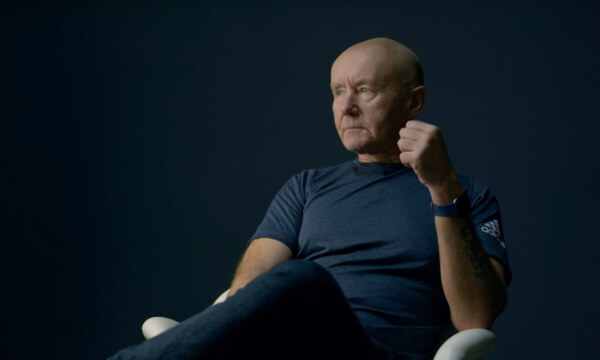
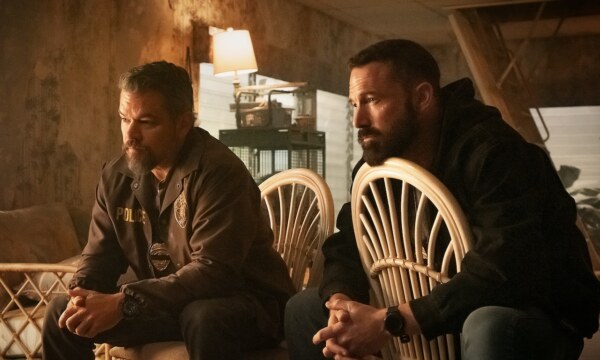
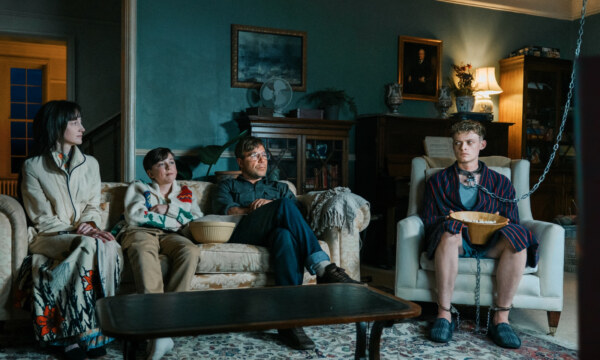
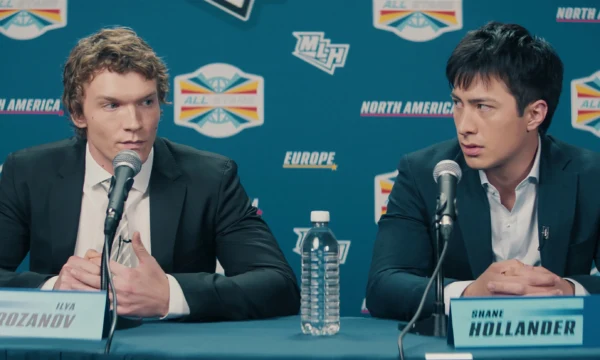
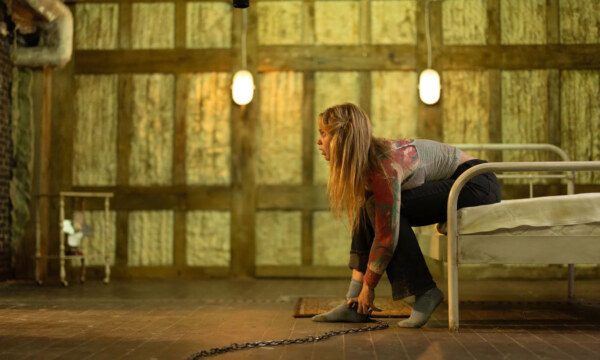
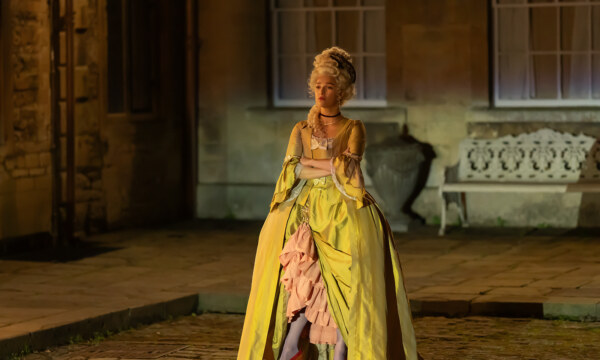
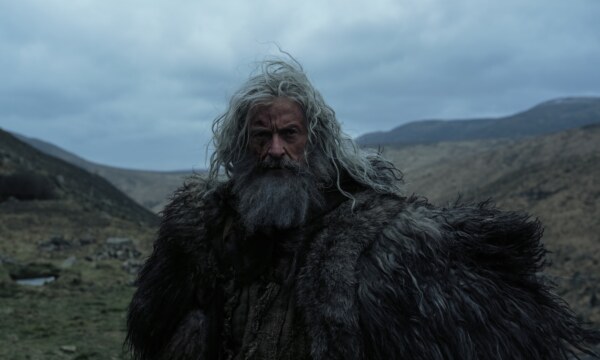
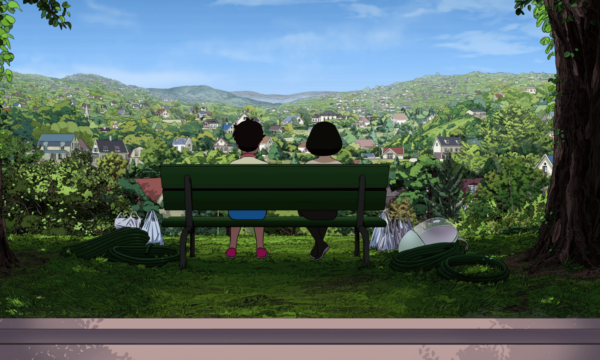
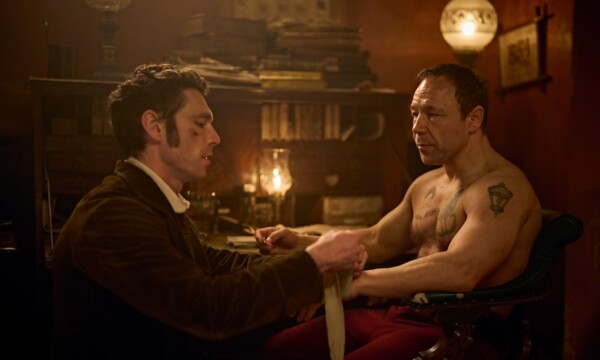
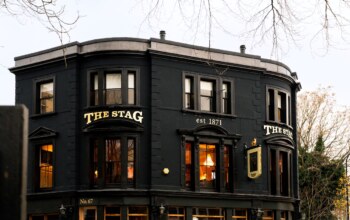
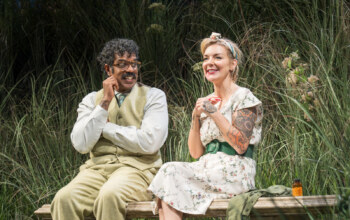
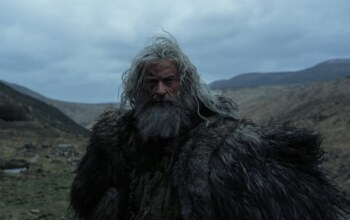

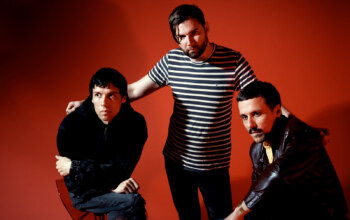

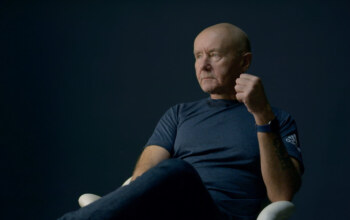

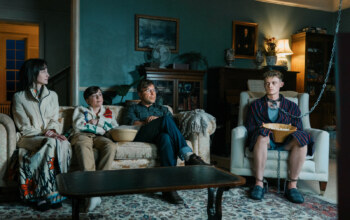




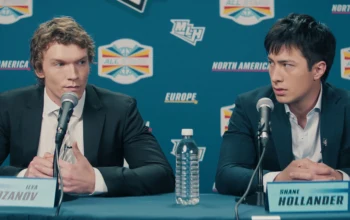
Facebook
Twitter
Instagram
YouTube
RSS